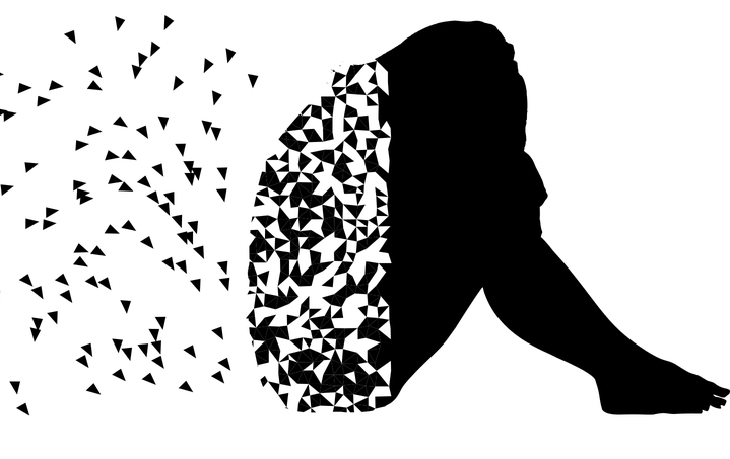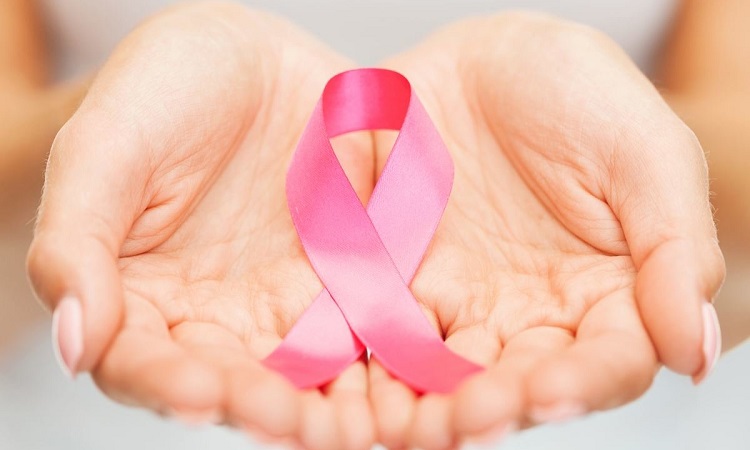In sub-Saharan Africa, ensuring universal access to healthcare remains a critical development objective, closely aligned with the UN’s Sustainable Development Goal 3. Despite notable achievements, ongoing challenges persist, particularly in rural regions where the impact is most pronounced. A shortage of trained healthcare professionals and disruptions in medication supply chains hinder progress, leading to delays in timely diagnosis, treatment, and preventive care. These obstacles worsen health disparities and hamper efforts to enhance overall healthcare outcomes.1
However, amid these challenges, innovation emerges as a beacon of hope, offering a potent means to revolutionize healthcare delivery and enhance health outcomes across the continent. In a region where access to healthcare is often constrained by geographical barriers and infrastructure deficiencies, innovative solutions are essential to bridge the gap. Mobile healthcare initiatives, such as mobile laboratory services (sample collection) and drug delivery services, represent a paradigm shift in healthcare accessibility.
These services serve as lifelines for remote and underserved populations, delivering essential medical services directly to their doorsteps. Staffed by skilled professionals, these services can efficiently collect a wide range of diagnostic samples, enabling early detection and prompt treatment of diseases. Moreover, they ensure timely access to medications, eliminating the need for patients to undertake arduous journeys to refill their prescriptions.
Beyond providing immediate healthcare services, these initiatives play a crucial role in preventive healthcare and health education. They serve as platforms for raising awareness about common health issues, promoting healthy behaviors, and providing counseling on treatment adherence. By empowering individuals to take charge of their health and well-being, these initiatives not only improve health outcomes but also contribute to the overall resilience and prosperity of communities.
AAR Healthcare’s commitment in Kenya goes beyond conventional services, as exemplified by its mobile laboratory (sample collection) and free drug delivery initiatives. These initiatives serve to directly address healthcare gaps in vulnerable communities, setting the stage for transformative change across the country.
Moreover, the integration of technology in these initiatives is not just noteworthy but transformative. Mobile technology is being harnessed to streamline service delivery and improve medication adherence. This tech-savvy approach isn’t just about efficiency; it’s about revolutionizing how healthcare is accessed and delivered, particularly in remote regions where traditional healthcare infrastructure is lacking.
As Africa pursues a healthier future, it’s vital to celebrate and champion such innovations. However, tangible progress requires concrete action. Continued investment and collaboration among governments, NGOs, and the private sector are indispensable for ensuring the sustainability and scalability of these endeavours, ultimately leading to improved healthcare outcomes continent-wide.
Related Content: 400 Community Health Promoters Unveiled
By Elizabeth Wasunna, General Manager AAR Healthcare, Kenya









